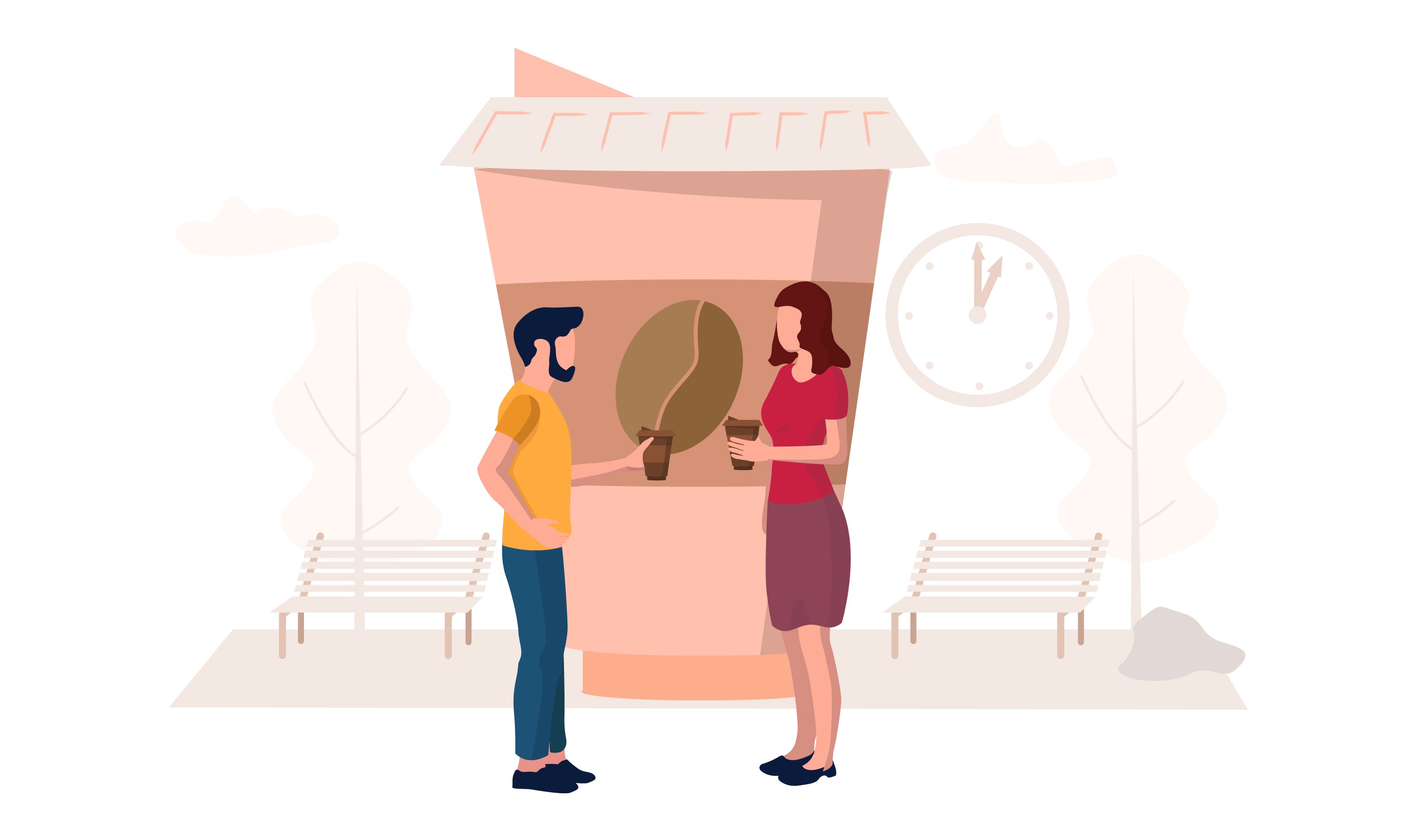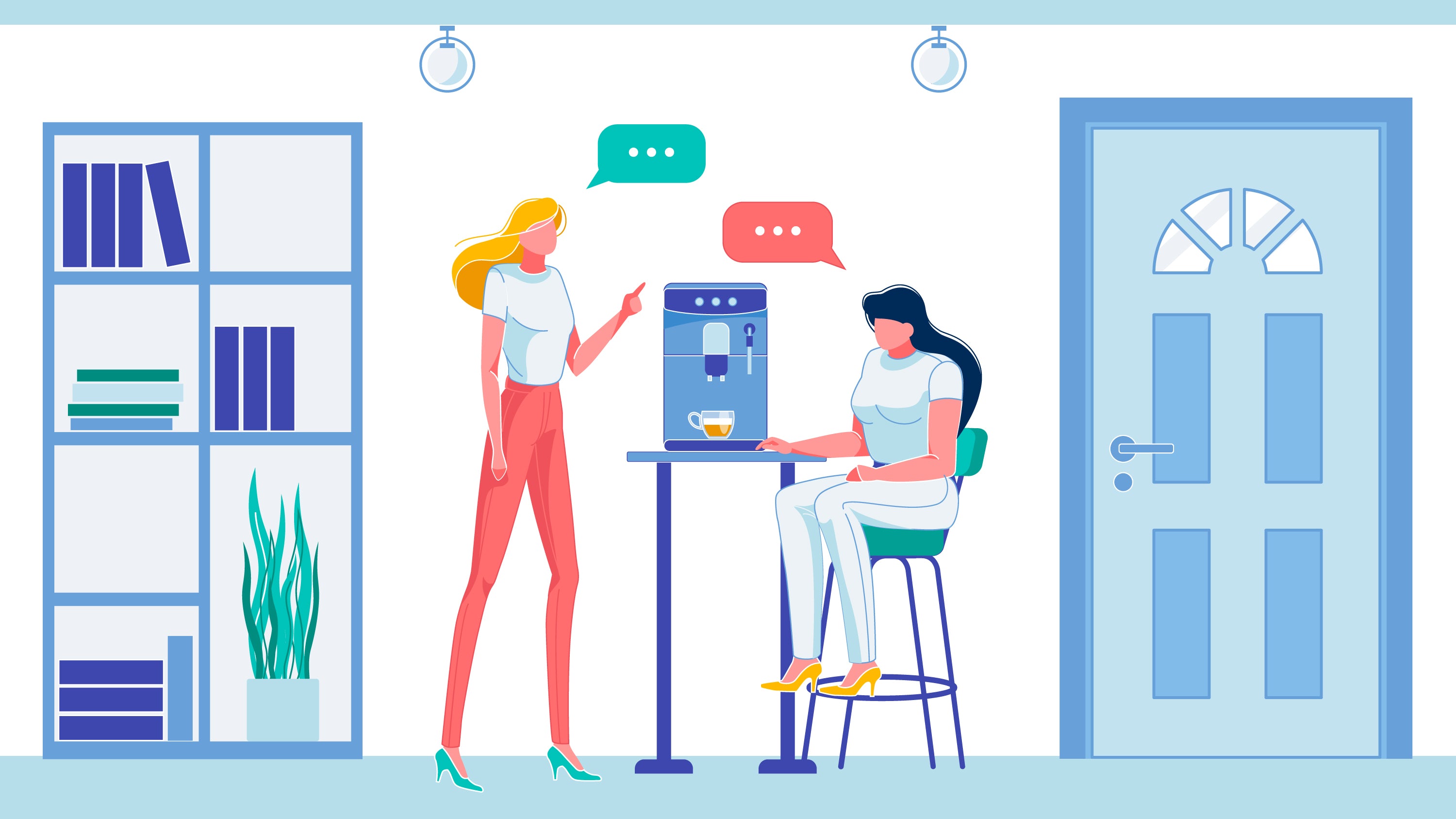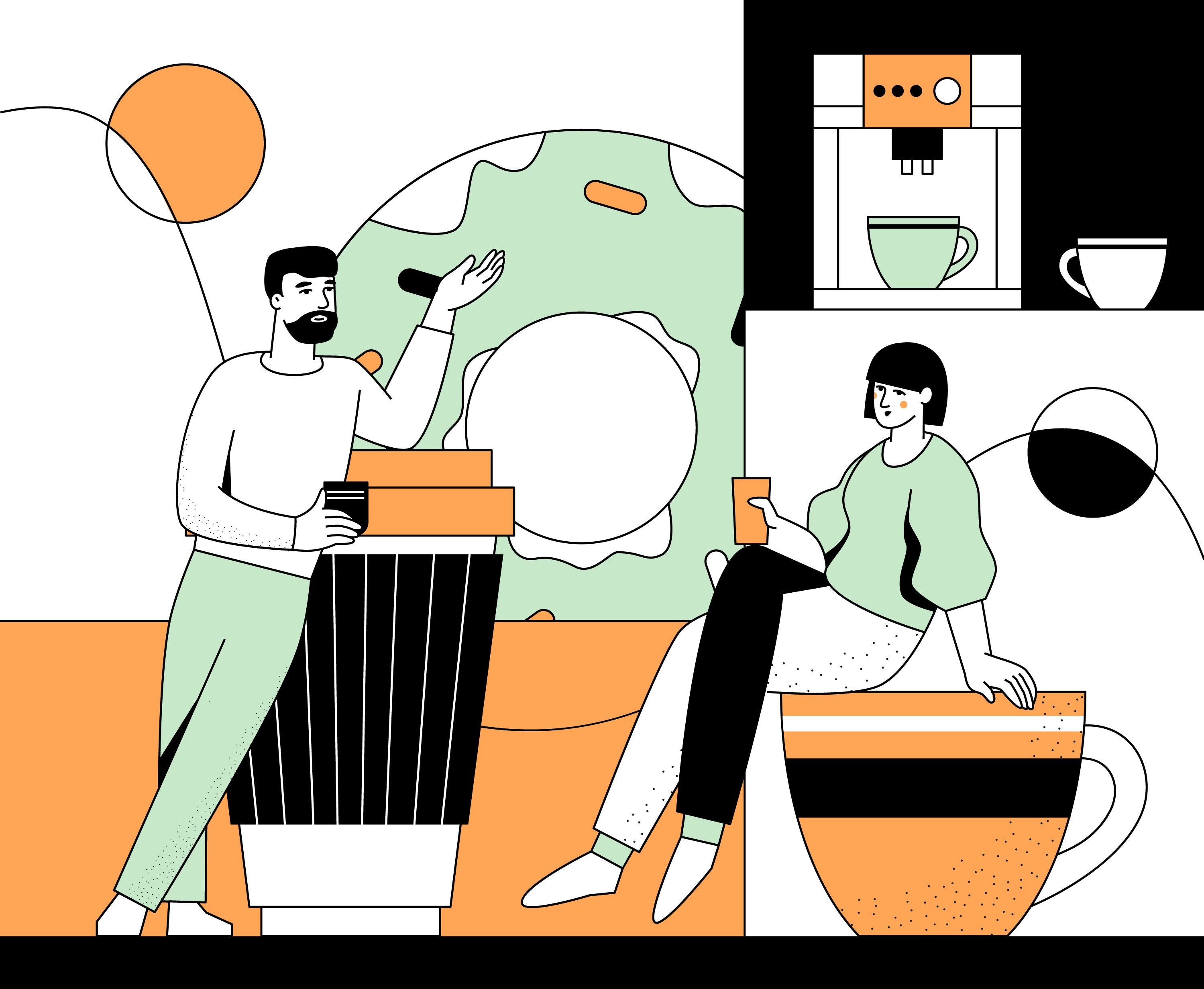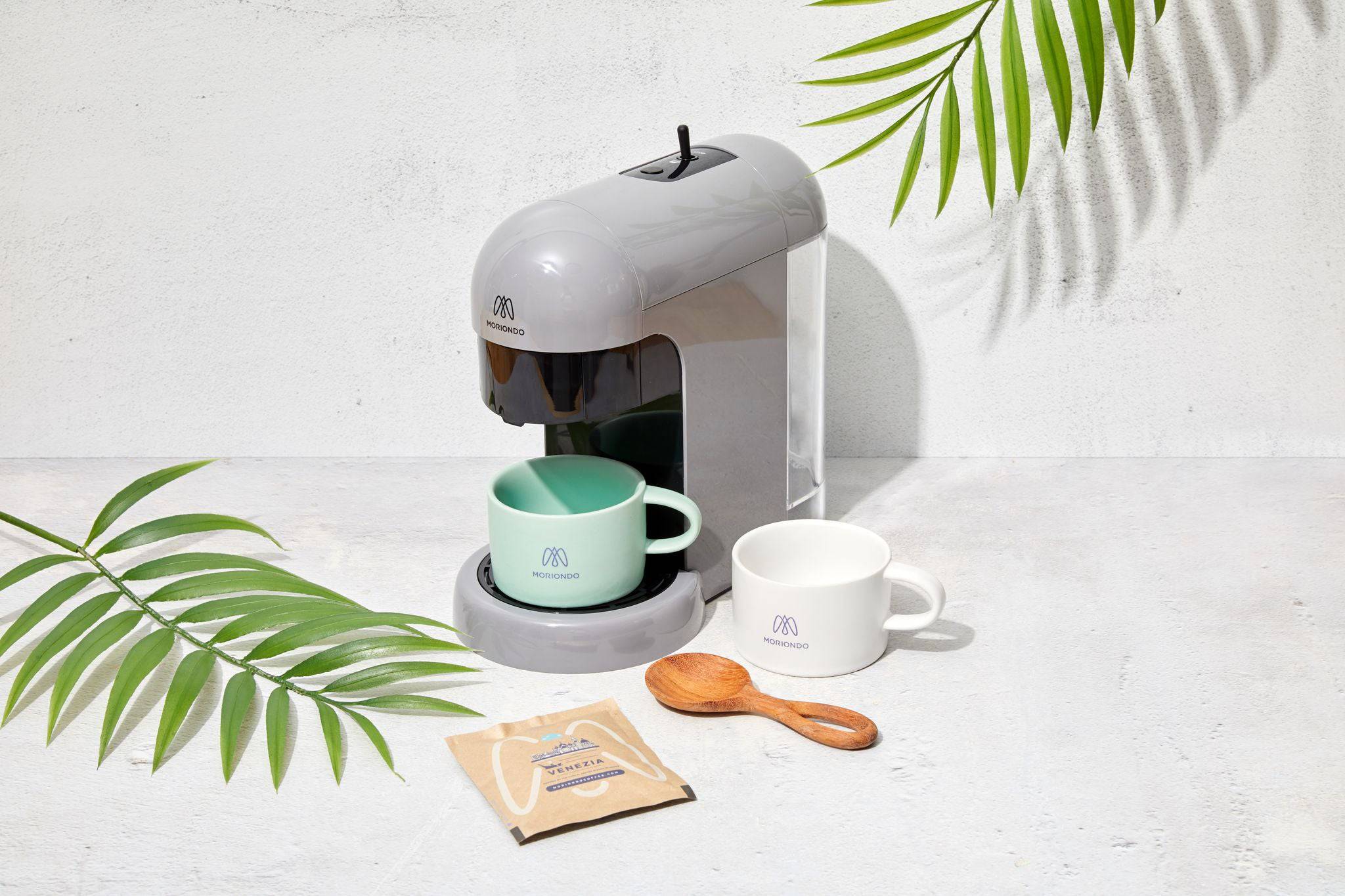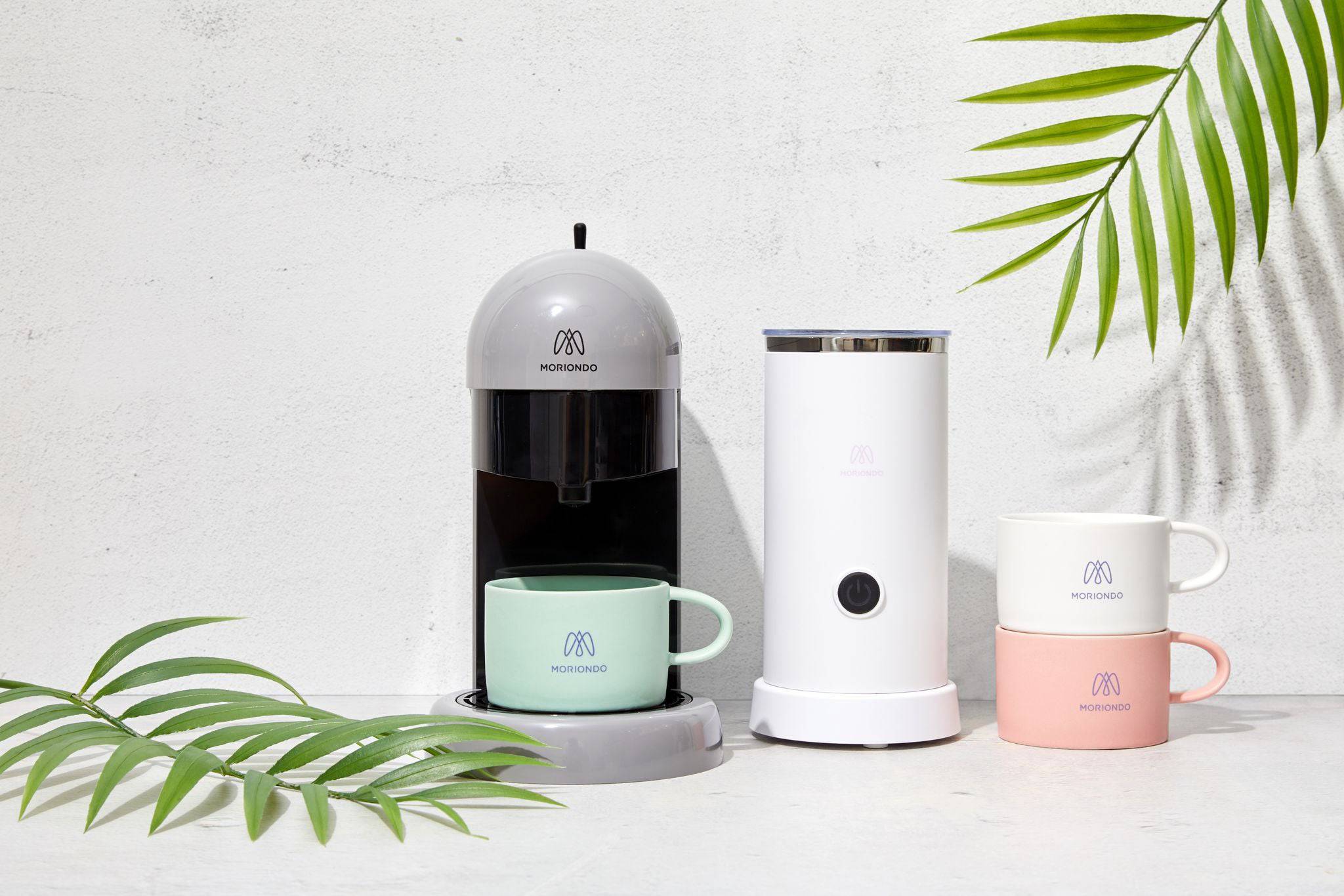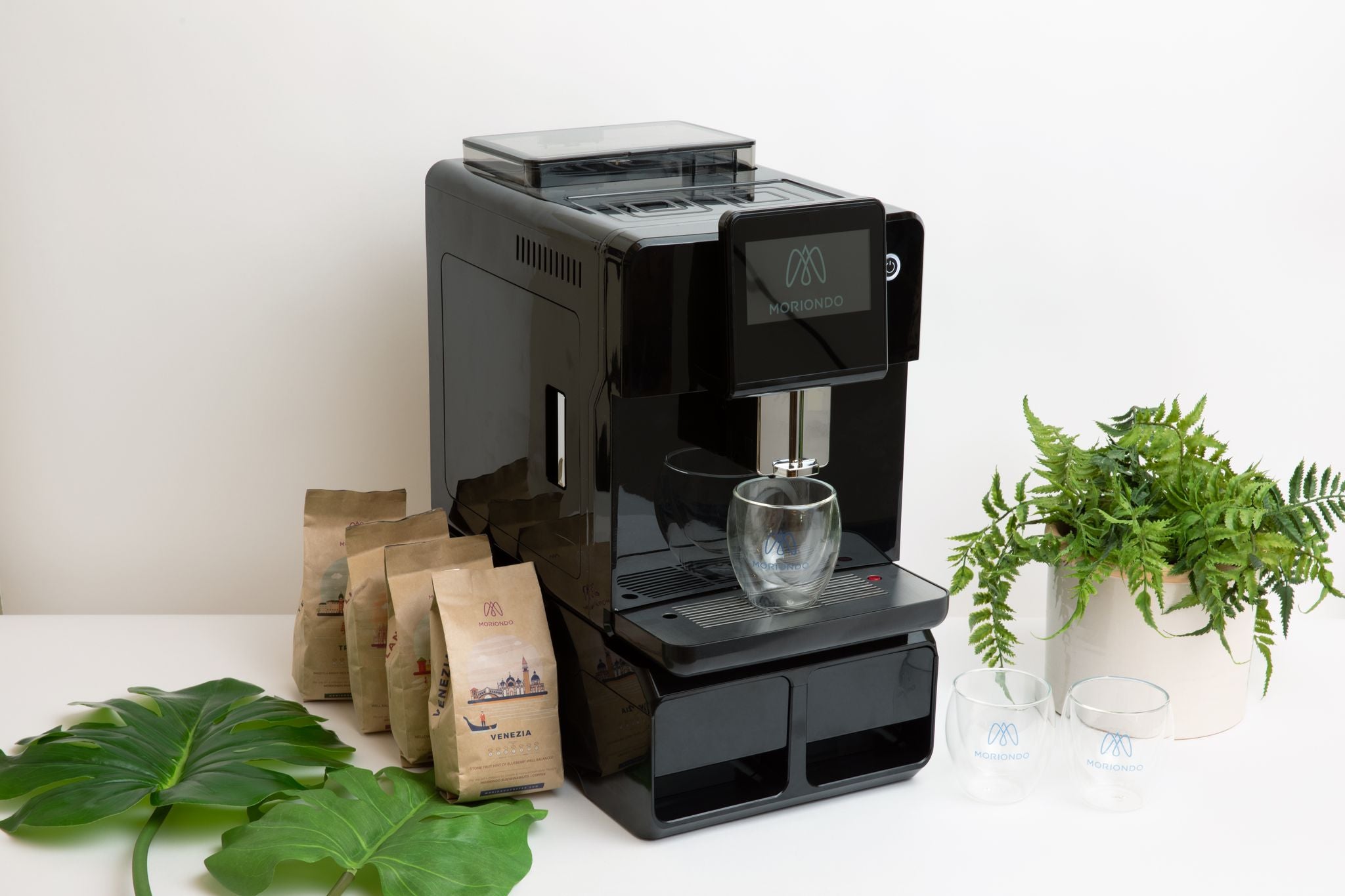What Does Fair Trade Coffee Cost?
What is Fair Trade in Simple Terms?
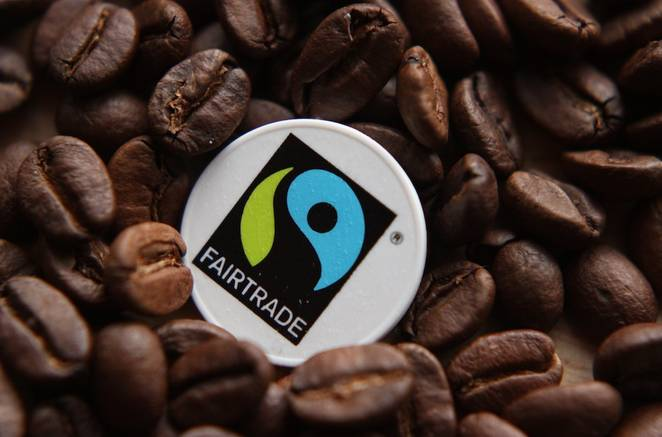
Fair Trade, in simple terms, is a system of trade that aims to ensure fair and ethical treatment for producers in developing countries. It promotes better trading conditions by providing fair prices to farmers and workers, supporting community development, and encouraging sustainable practices.
Fair Trade seeks to alleviate poverty, promote social justice, and protect the environment. It ensures that the people behind the products we buy, such as coffee, tea, cocoa, and handicrafts, are paid fairly for their work and are treated with dignity and respect.
Why is Fair Trade Important?
Economic Justice: Fair trade addresses the global economic imbalance by ensuring producers in developing countries receive fair compensation for their labor, enabling them to earn sustainable livelihoods.Poverty Alleviation: Fair trade empowers marginalized producers in developing countries, providing them with fair prices and stable incomes. This helps lift them out of poverty and reduces economic disparities.
Sustainable Development: Fair trade promotes environmentally friendly practices in the global coffee sector, such as organic farming and resource conservation. By supporting sustainable development, fair trade protects ecosystems and ensures the long-term viability of local communities.
Workers' Rights: Fair trade upholds decent working conditions, fair wages in the coffee market, and opposes child labor and exploitative practices. It supports the rights and well-being of workers, enabling them to lead dignified lives.
Community Development: Fair trade organizations invest in education, healthcare, infrastructure, and social programs in producer communities, improving the overall quality of life and fostering self-reliance and social cohesion.
Consumer Awareness: Fair trade raises awareness among consumers about the social and environmental impact of their purchases. By choosing fair trade products, consumers actively support ethical production and responsible business practices.
Ethical Business: Fair trade promotes transparency, accountability, and ethical practices throughout the global coffee industry. It fosters trust and contributes to a more equitable and just global trading system.
Fair Prices and Income: Fair trade ensures producers receive equitable global coffee prices for their products, enabling them to cover production costs, earn sustainable incomes, and invest in their businesses. This economic stability helps break the cycle of poverty and create opportunities for producers and their communities.
What Does It Mean if Coffee is Fair Trade?
If coffee is labeled as Fair Trade, it means that it has been produced and traded according to fair trade standards set by fair trade organization. These organizations, such as Fairtrade International, establish criteria that ensure fair and ethical treatment of coffee producers.
Fair Trade certified coffee signifies that the farmers who grew the coffee beans received fair prices for their products. The fair prices aim to cover the farmers' production costs and provide them with a decent income, allowing them to support their families and invest in their communities.
Fair Trade certification also guarantees that the coffee was grown under environmentally sustainable conditions. This means that coffee farmers adhere to practices that minimize negative environmental impacts, such as reducing the use of harmful chemicals, promoting biodiversity, and conserving natural resources.
What is the Fair Trade Premium and What is It Used for?
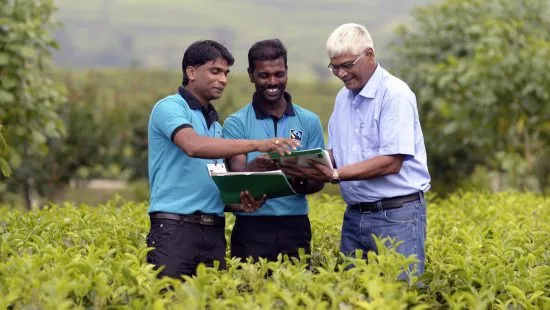
The Fair Trade Premium is an additional sum of money that is paid on top of the price farmers and workers receive for their produce or labor. It is a distinct feature of Fairtrade that sets it apart from conventional trade practices.
The Fair Trade Premium is designed to empower farmers and workers by providing them with a direct benefit and allowing them to invest in improving their lives and communities. It is intended to address specific needs and challenges faced by the producers and is managed democratically by the fairtrade coffee farmers and workers themselves.
The Fair Trade Premiums are used for various purposes depending on the priorities and decisions of the producer organizations. They are typically invested in projects and initiatives that promote social, economic, and environmental development within the communities.
Recommended Read: Coffee Machine Subscription
FAQs
How much does Fairtrade coffee cost?
Fairtrade coffee prices reflect an increase in the baseline price by 19% for Fairtrade certified Robusta coffee and 29% for Fairtrade certified Arabica coffee. The new Fairtrade Minimum Price for washed Arabica beans, which constitute over 80% of Fairtrade coffee sold, stands at $1.80 per pound, representing a 40-cent increase from the previous price of $1.40 per pound. Similarly, the price of natural Robusta and organic fairtrade coffee has risen by 19 cents to $1.20 per pound.
Is Fairtrade coffee more expensive?
Fairtrade coffee is associated with a price difference compared to non-Fairtrade coffee. The slightly higher price reflects the additional costs required to ensure fair wages for farmers and support sustainable practices.
Good Tasting Coffee: How to Identify Coffee Flavors

In order to appreciate the different types of coffee available, it's important to cultivate an awareness of its unique characteristics. Let's take a look at the way coffee connoisseurs judge different cups of coffee.
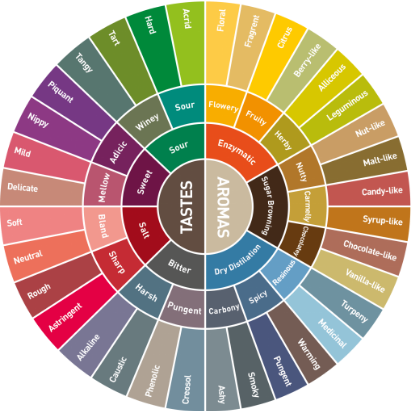
Aroma
The scent of a cup of coffee has a direct influence on how we perceive its flavor. As you drink coffee try to notice if the scent is smoky, fruity, earthy, spicy, nutty or grassy.
Acidity
One of the most defining characteristics of a cup of coffee is its acidity. This is the sharp, bright tangy quality of coffee that perks up our senses. Coffee doesn’t necessarily contain just one type of acid, either. It may contain citric acid, malic acid (fruity in flavor) or even quinic acid from stale coffee, which gives us stomach aches.
Body
This is the weight, thickness and texture of coffee in your mouth. The body of different types of coffee falls on a spectrum of light- to full-bodied viscosity (thin to thick).
Flavor
This is where comparisons come in handy and there is some overlap between aroma and flavor. Your coffee might taste bitter, sweet, savory or sour with common comparisons to chocolate, wine or fruit.
Related Posts
